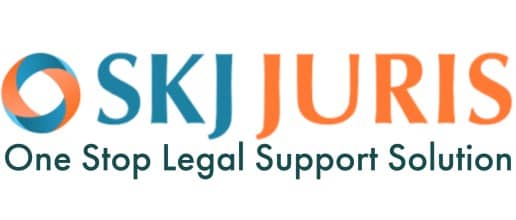Legal process outsourcing (LPO) industry is growing exponentially. An essential factor for the growth in any segment or organization depends mainly upon the expansion of their service lines or introduction of new offerings for the clients being catered. Initially, providing diverse legal services was the main aim of the LPO service providers, but, with the passage of time, things have changed. Now additional benefits are being offered to the clients like on-shore support, proprietary technology platforms etc. Foreign language support is one of the nascent areas being catered in this category.
LPO service providers initially offered minimal language support to their client since majority of the work was in English owing to the US and UK client base. But, now legal process outsourcing has spread its wings across the newer territories. They are now approaching the untapped geographies where offering language support has become evident. In the beginning, the language support was offered for major languages such as Spanish, German or French. However, with the passage of time languages like Korean, Hebrew, and Chinese have become the demand in the industry. These services are required by the clients who are headquartered in US or Europe with their regional offices across the world. Since, the documents are translated internally; the service provider saves the time of their clients and also the resources needed for translation thus lowering the total cost incurred.
Service provider offers the multilingual support through various methods. It is majorly done by partnering with pure-play translation vendors. In this case, the documents to be translated are directly sent to the vendors and then are returned after being translated. This is the most preferred method of translation as the level of quality is very high as compared to using software. The major issue to be dealt in this case is sticking to the set time frames. However, the software like Rosetta, which are used in the translation of documents provide less acceptable quality metrics than human intervention. Some LPO service providers use in-house lawyers with multilingual capacity so as to reduce the need for translation vendors or any software and others hire external lawyers for the same.
For a LPO service provider to grow and gain momentum, multilingual support has become a necessary tool; since their client base has majority of the organizations with global presence. As this industry is continuously refining itself, so there is a constant urge to also provide bilingual support for document review and contract management services. Innovative ways to offer foreign language support is being thought of and an amalgamation of technology and human review may be helpful to raise the level of quality of work being translated.
Adhering to the business model and also eliminating the need for translation vendors or software, the LPO service providers are hiring lawyers with fluency in multiple languages. This enables the lawyers to directly work on the document (whether it is a document review or a contract management project) without the need of being translated, even if the primary document is in Spanish, French, German or Japanese, or mandarin etc. In this manner, the LPO service providers can tap LPO work in those countries whose primary language is not English.


